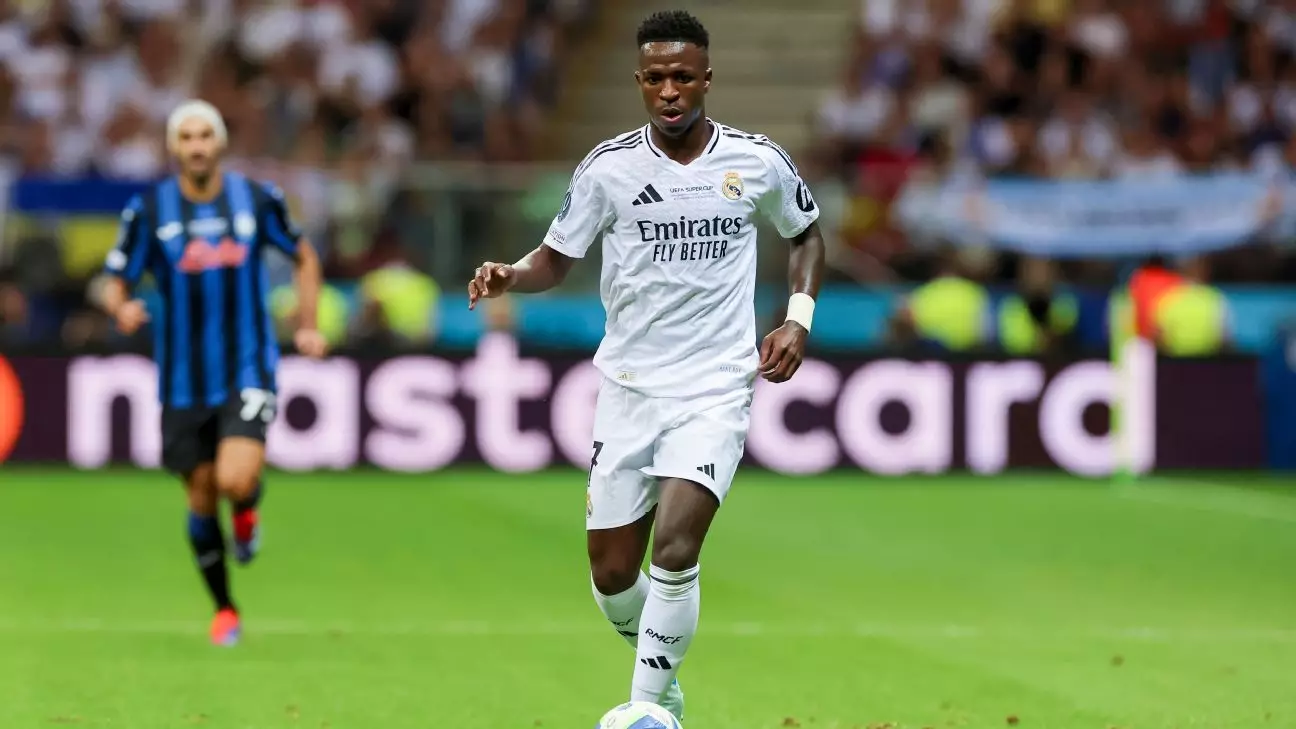Real Madrid manager, Carlo Ancelotti, has recently acknowledged the challenges posed by the team’s demanding schedule for the 2024-25 season. With the club expected to compete for a total of seven trophies, including LaLiga, Copa del Rey, Champions League, UEFA Super Cup, Spanish Super Cup, Club World Cup, and Intercontinental Cup, the pressure on the players is immense. The season could potentially extend until June 2025, with the new FIFA Club World Cup set to take place next summer in the United States. This situation raises concerns about player burnout and the need for strategic intervention to ensure the team’s performance remains consistent throughout the season.
One of the proposed solutions to tackle the issue of player fatigue is the implementation of “individual holidays” for the players during the season. Ancelotti highlighted the importance of giving players the necessary rest and time off to recuperate, especially considering their demanding international commitments. The concept of allowing players to take a week off during the season, even if they might not be injured, could prove to be a crucial strategy in preventing burnout. By providing players with designated breaks, the coaching staff aims to ensure that the squad remains fresh and competitive for key fixtures.
Managing International Players
The specific focus on international players, such as Vinícius Júnior, reveals a keen understanding of the unique challenges they face. Ancelotti emphasized the need for flexibility in managing the schedule of players who participate in international competitions. For instance, after a demanding stint with the national team, players like Vinícius could benefit from extended rest periods to avoid overexertion. This strategic approach to player management demonstrates a commitment to individual well-being and long-term performance sustainability.
New Signings and Squad Dynamics
The arrival of new signing Kylian Mbappé has also prompted discussions about team dynamics and player integration. Ancelotti’s positive assessment of Mbappé’s impact on the team underscores the importance of creating a supportive environment for new players. By emphasizing the need to help Mbappé adapt quickly to his new surroundings, Ancelotti prioritizes team cohesion and unity. This holistic approach to player development contributes to a sense of camaraderie within the squad, essential for achieving collective success.
In light of recent departures, particularly Nacho Fernández’s move to Saudi Arabia, questions have arisen about potential replacements. However, Ancelotti’s statement that the squad is closed suggests a belief in the current team’s capabilities. With the LaLiga transfer window still open for 12 more days, there remains a window of opportunity for strategic acquisitions if necessary. Ancelotti’s confidence in the existing squad reflects a balanced approach to team building and continuity, signaling a trust in the players’ abilities to deliver results.
Real Madrid’s proactive approach to player management and the recognition of the challenges posed by a congested fixture list highlight the team’s commitment to sustained success. By prioritizing player well-being through individual holidays and fostering a supportive environment for new signings, Ancelotti and his coaching staff aim to navigate the complexities of a demanding season effectively. The emphasis on holistic player development and squad dynamics signifies a strategic vision for achieving both short-term objectives and long-term goals. With a cohesive and resilient team, Real Madrid is poised to confront the rigors of an intense season with confidence and determination.
